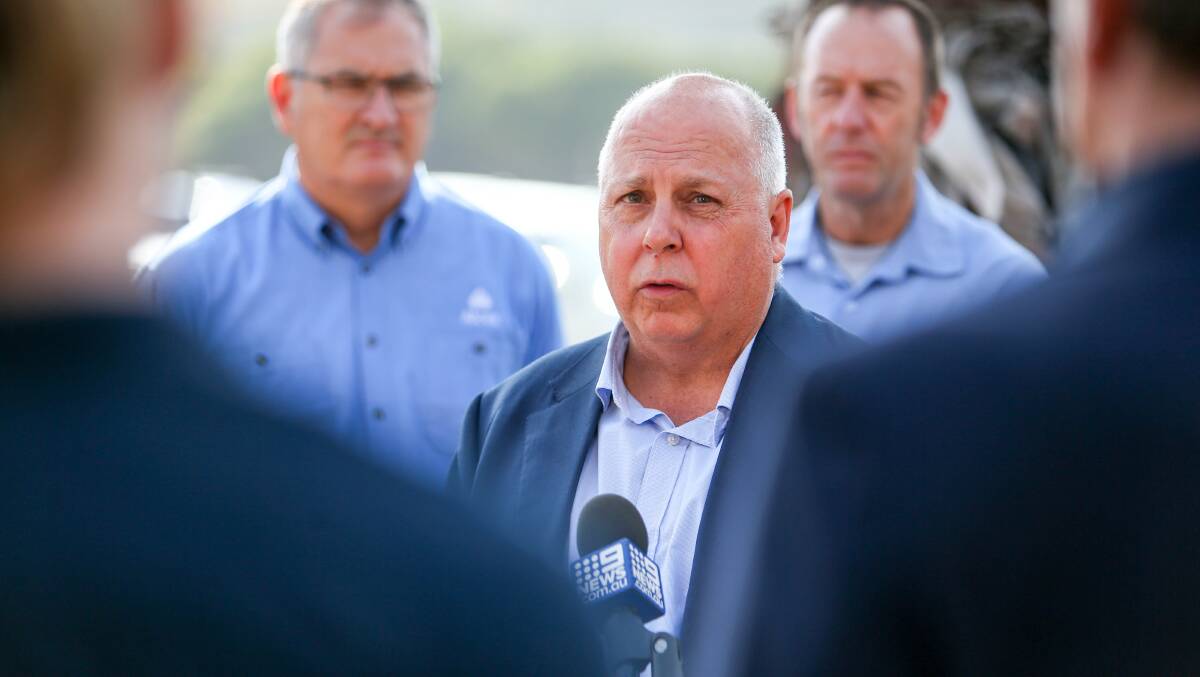A Warrnambool real estate agent fears land tax changes announced in Tuesday's state budget will end up pushing more south-west residents out of the rental market.
Subscribe now for unlimited access.
$0/
(min cost $0)
or signup to continue reading
The budget introduced a "COVID debt levy" designed to raise $8 billion over the next four years to start paying down the $31.5 billion debt the state government accrued through its pandemic support measures.
One part of the levy is a 0.5 per cent payroll tax hike on businesses with national payrolls above $10 million, which starts on July 1 and will raise $3.9 billion over the next four years and affect around 5 per cent of Victorian businesses.
The second part of the levy is a suite of changes to land tax rules that will begin on January 1, 2024 and is forecast to raise $4.7 billion.
The changes lower the tax-free threshold for general land tax rates from $300,000 to $50,000. Landholdings valued between $50,000 and $100,000 will attract a fixed $500 charge each year and those between $100,000 and $300,000 will incur a $975 charge. Landholdings worth more than $300,000 will attract an additional charge of 0.1 per cent of every dollar above $300,000.

Existing exemptions for primary place of residence, primary production land and land used by charities would continue to apply.
Treasurer Tim Pallas said the government expected the change to affect 860,000 Victorian taxpayers, with the average tax increase to be around $1300 a year.
Mr Pallas said he didn't believe the additional burden on landlords would lead to rising rents.
"It's a matter of what the market will pay."
He said the "substantial problem" in the rental market was a lack of stock and he didn't believe landlords would "necessarily" pass on the costs of the tax.
Ludeman Real Estate director Mark Dwyer said he was sure tenants would end up footing the bill.
"Of course the landlords will be looking to pass it on, but they can only pass on so much," Mr Dwyer said.
"This is just another nail in tenants' coffins."
Mr Dwyer said beyond the short-term effect of raising rents across the board, the changes could also scare investors away and lead to less rental stock in an already tight market.
"We've got a lot of older landlords that will probably say 'why bother'? Sell up and get out," he said.
"I'm dead against it. I can't believe they would even think of something like this."
As well as the new taxes the government announced nearly $2.1 billion in public sector "efficiencies" over the next four years.
The Treasurer said the cutbacks would include axing between 3000 and 4000 public sector jobs, with the government trying to "look after those workers as effectively as we can". He said none of the cuts would affect the delivery of front line services.
Mr Pallas said by 2033 the debt will have been reduced enough to be entirely offset by the Victorian Future Fund, established in 2022 when the government partially privatised VicRoads.


